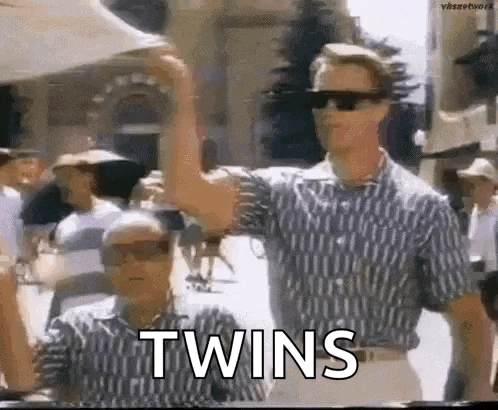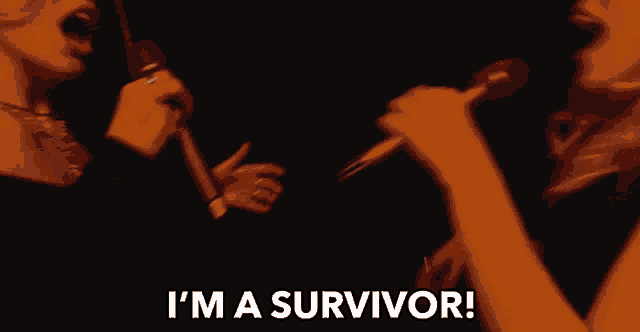British rocker Eric Clapton has had a plethora of hits over his long music career. But one of his most famous songs, "Tears in Heaven", is getting an in-depth look in the musician's new film special, Eric Clapton Unplugged… Over 30 Years Later. (The 90-minute film will be released on Paramount+ on Feb. 12.)
It centers on Clapton's iconic MTV Unplugged set from 1992, where he performed an acoustic version of “Tears in Heaven.” And in a newly resurfaced interview for the special, he dives more into the heartbreaking background story to the song's lyrics that were inspired by his son Conor's death and subsequent grief journey.
- YouTubewww.youtube.com
In March 1991, his four-year-old Conor (who he shared with Italian actress and model Lory Del Santo) fell 49 floors from his mother's New York City apartment window. In a previous heart wrenching interview, Clapton revealed what happened the day of Conor's death after he received the news from Del Santo while he was in New York City visiting Conor.
“I remember putting the phone down and calmly walking from my hotel to that place as if nothing happened,” he said. “And I walked past the street, and this is a terrible thing of shame for me, which I’ll never, ever perhaps recover from and seeing that–seeing a crowd of people and a paramedic van and knowing that he was there [trying to be resuscitated] and walking by. I’ll punish myself forever about why didn’t I run? Why didn’t I go to see him? … the truth is I couldn’t. I was so frightened.”
Clapton wrote "Tears in Heaven" following Conor's death, specifically for the soundtrack to the film Rush. In an interview done before his iconic MTV Unplugged set, he shared more about how the song helped him through the grieving process.
“It was really needed to illustrate loss because of what happens in the movie, and it was a good opportunity for me to write about my son, about the loss of my son, and also have somewhere to put it, to channel it,” Clapton says in the resurfaced interview obtained by PEOPLE. “And I really wanted to say something about what had happened to me and the opportunity the movie gave me was excellent, because it meant I could write this song for the film and express my own feelings.”
Clapton chose to be vulnerable with the audience about Conor's death after he thought they “would be very surprised" if he didn’t, and "wouldn’t want to insult them by not including them in my grief, in a way." Clapton went on to add, "I do intend to make these things known and I will play them in concert and put them on record. And it is, for me, a healing process and I think it’s important that you share that with people that love your music."
In the film special, Clapton also reveals that Conor inspired his 1998 hit song, "My Father’s Eyes". Clapton shared the song was written to also honor his Canadian soldier father, Edward, who was never a part of Clapton's life.
"It’s a very personal matter, but I never met my father, and I’d realized it when I was with my son — the closest I ever came to looking in my father’s eyes was when I looked in my son’s eyes," he says. "So I wrote a song about that. It was kind of a strange, like a strange cycle thing that occurred to me and another thing that I felt I would like to share."
To this day, Clapton's Unplugged album is the he best-selling live album of all time. It has sold more than 26 million records.





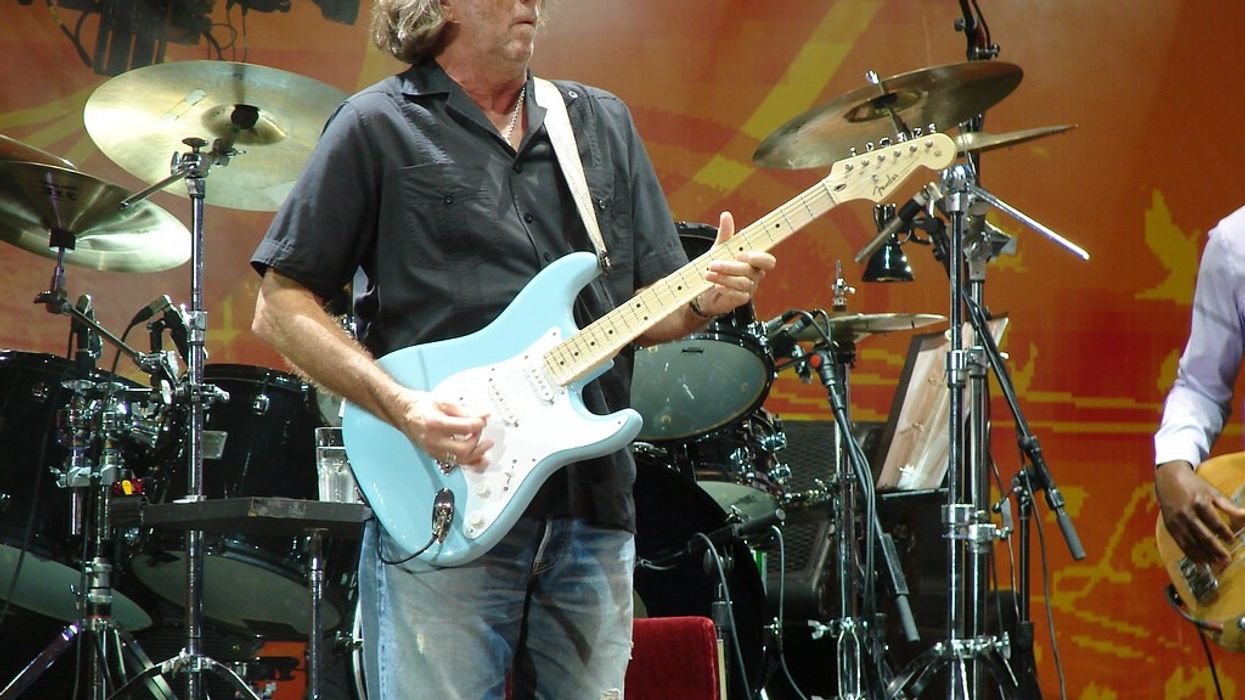






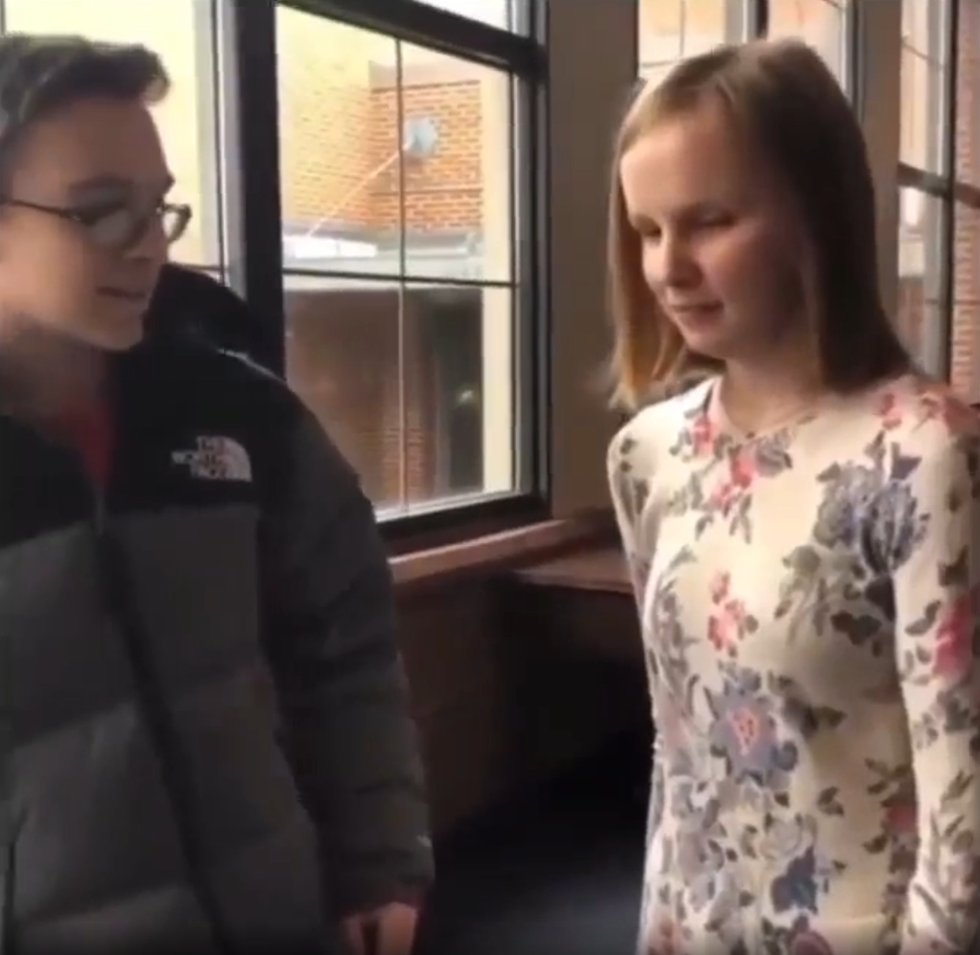 It wasn't even February, so she wasn't expecting what came next.
It wasn't even February, so she wasn't expecting what came next.  The hug came first, the 'yes' took a few moments more.
The hug came first, the 'yes' took a few moments more. 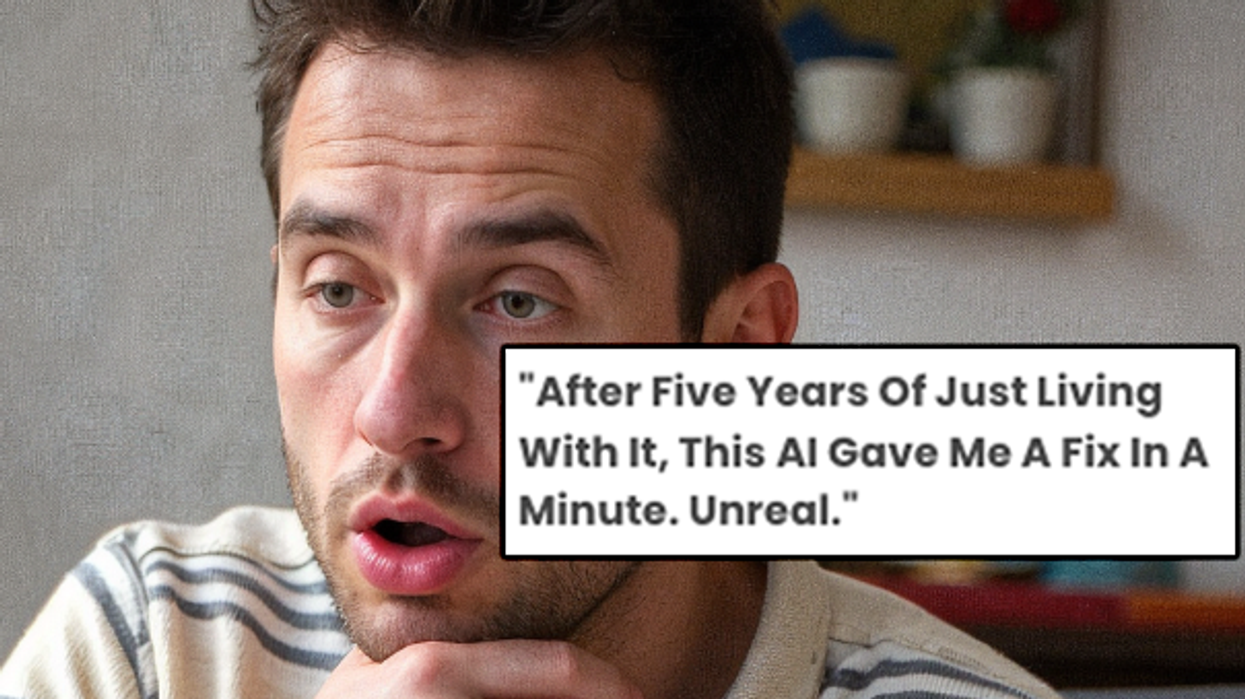

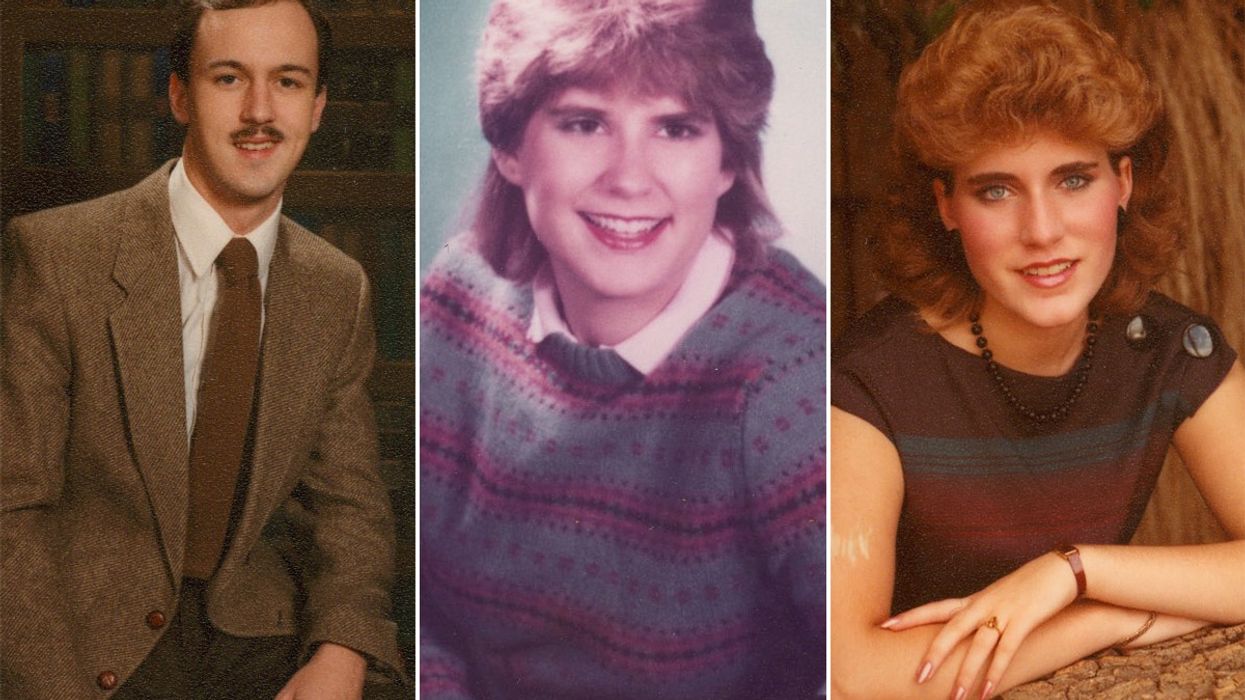
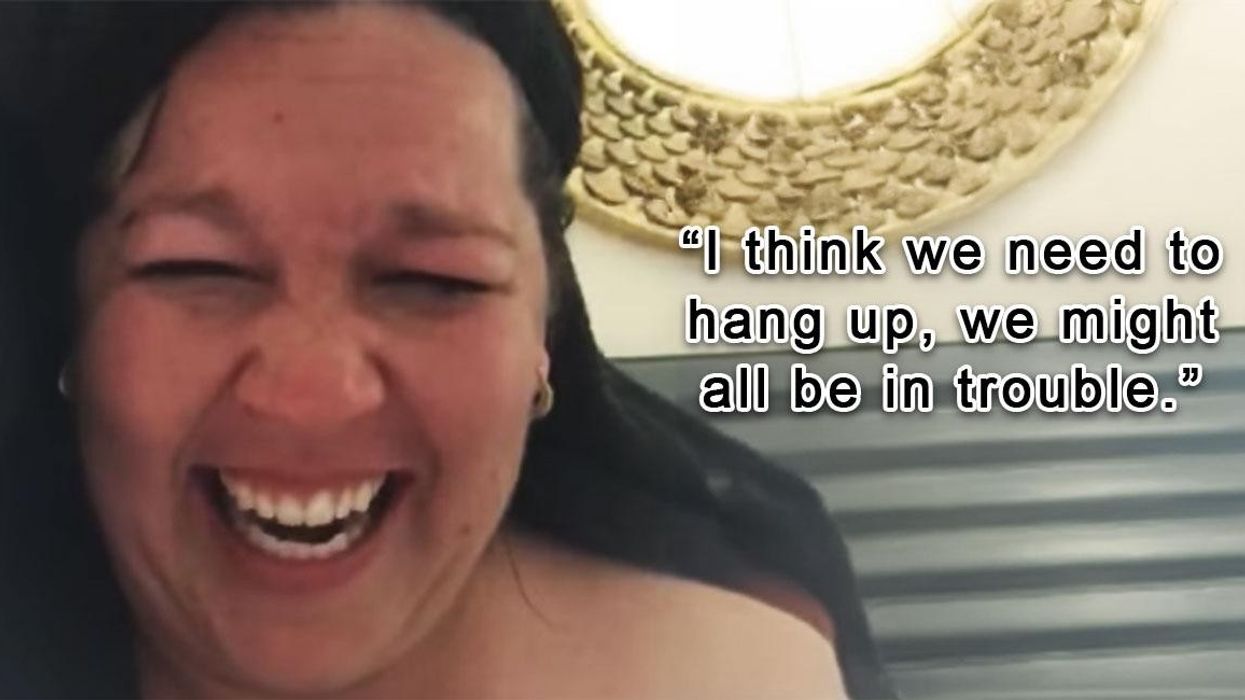
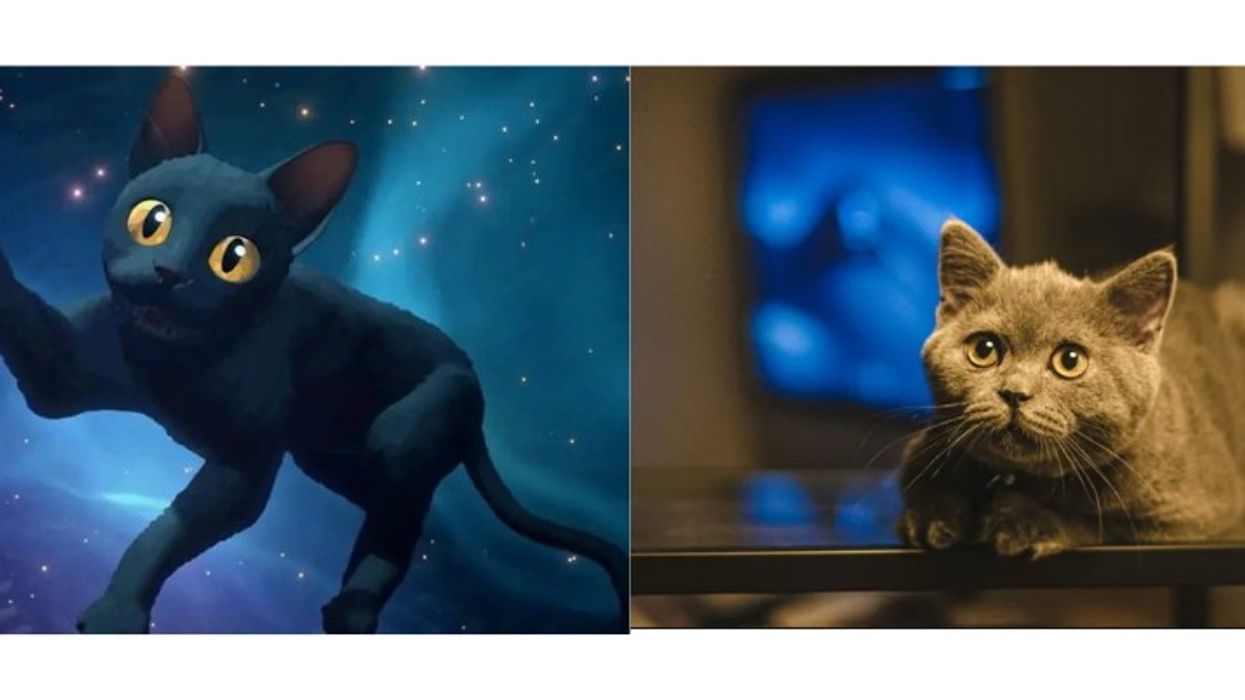
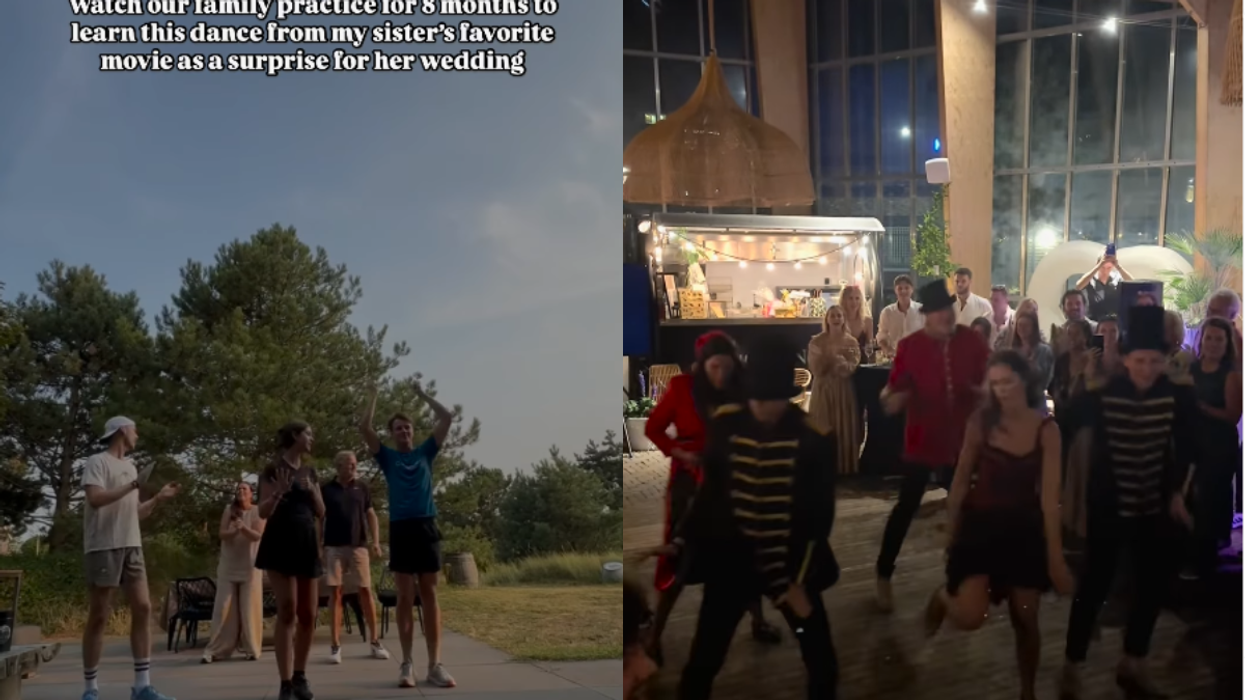
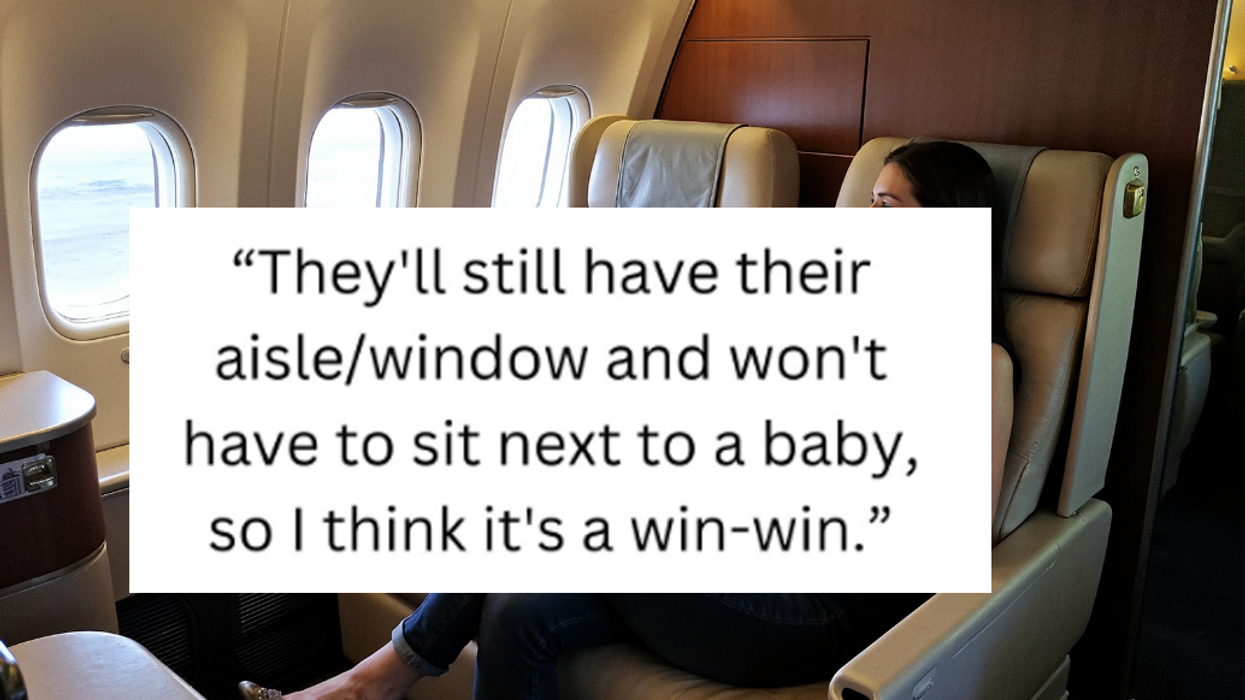
 Representative Image Source: Pexels | Oleksandr P
Representative Image Source: Pexels | Oleksandr P  Layout of the plane seatsImage Source: Mumsnet |
Layout of the plane seatsImage Source: Mumsnet | 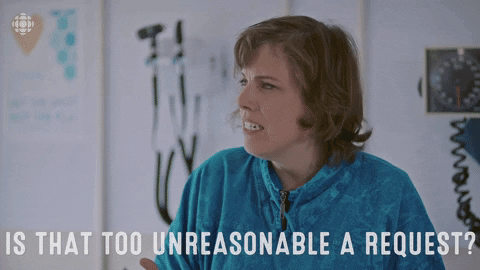

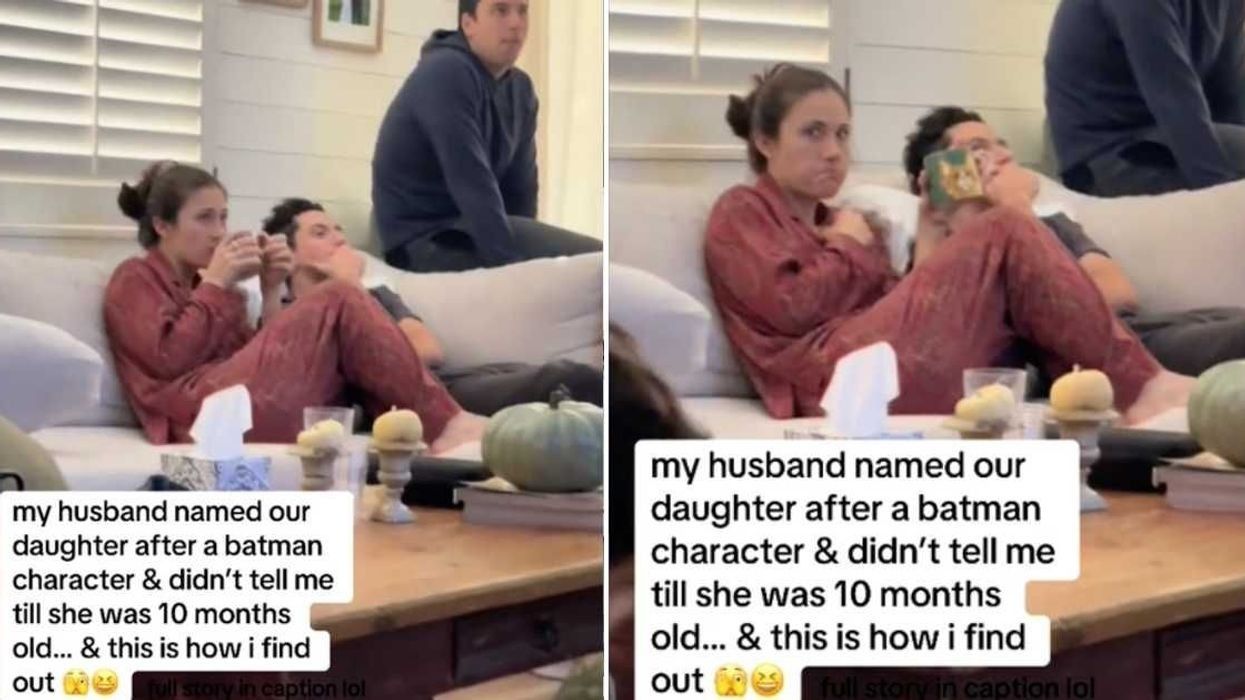
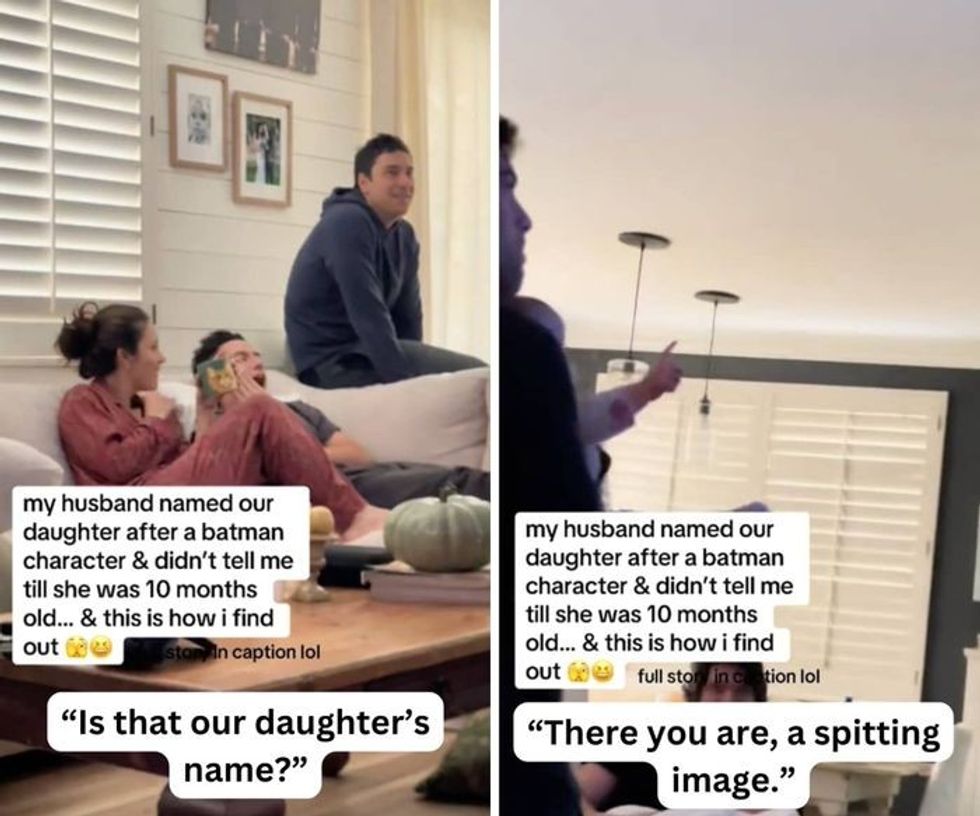
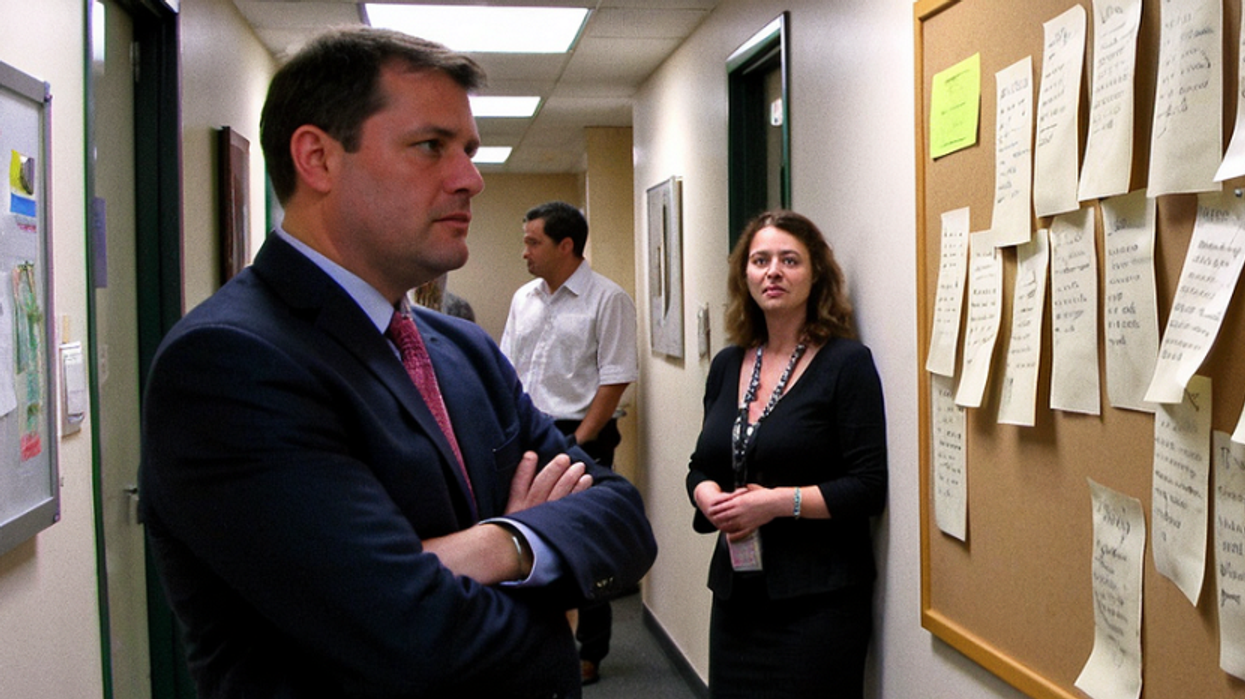
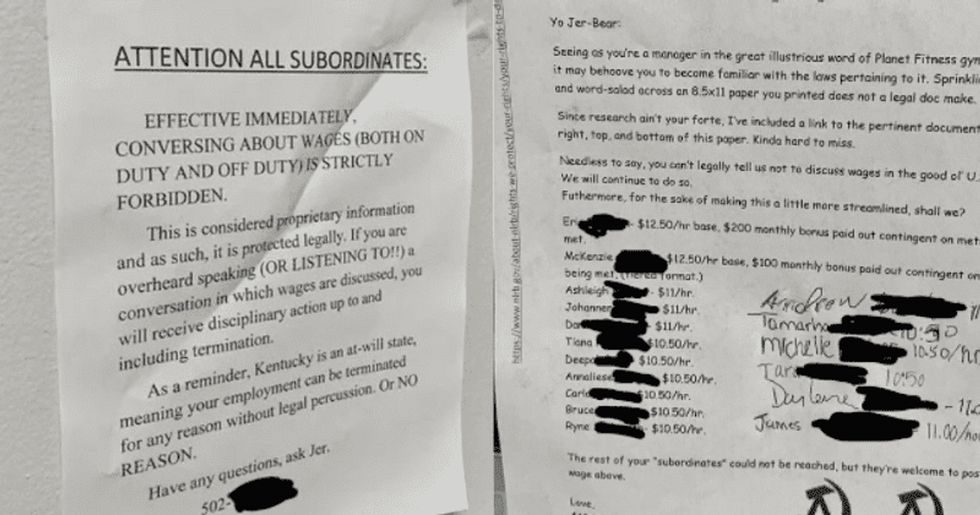 Image Source: Joshua Potash | Reddit
Image Source: Joshua Potash | Reddit 
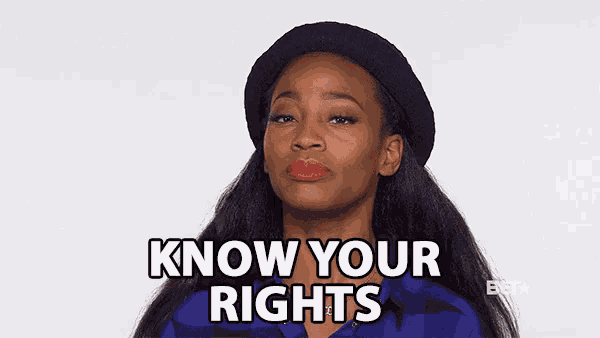


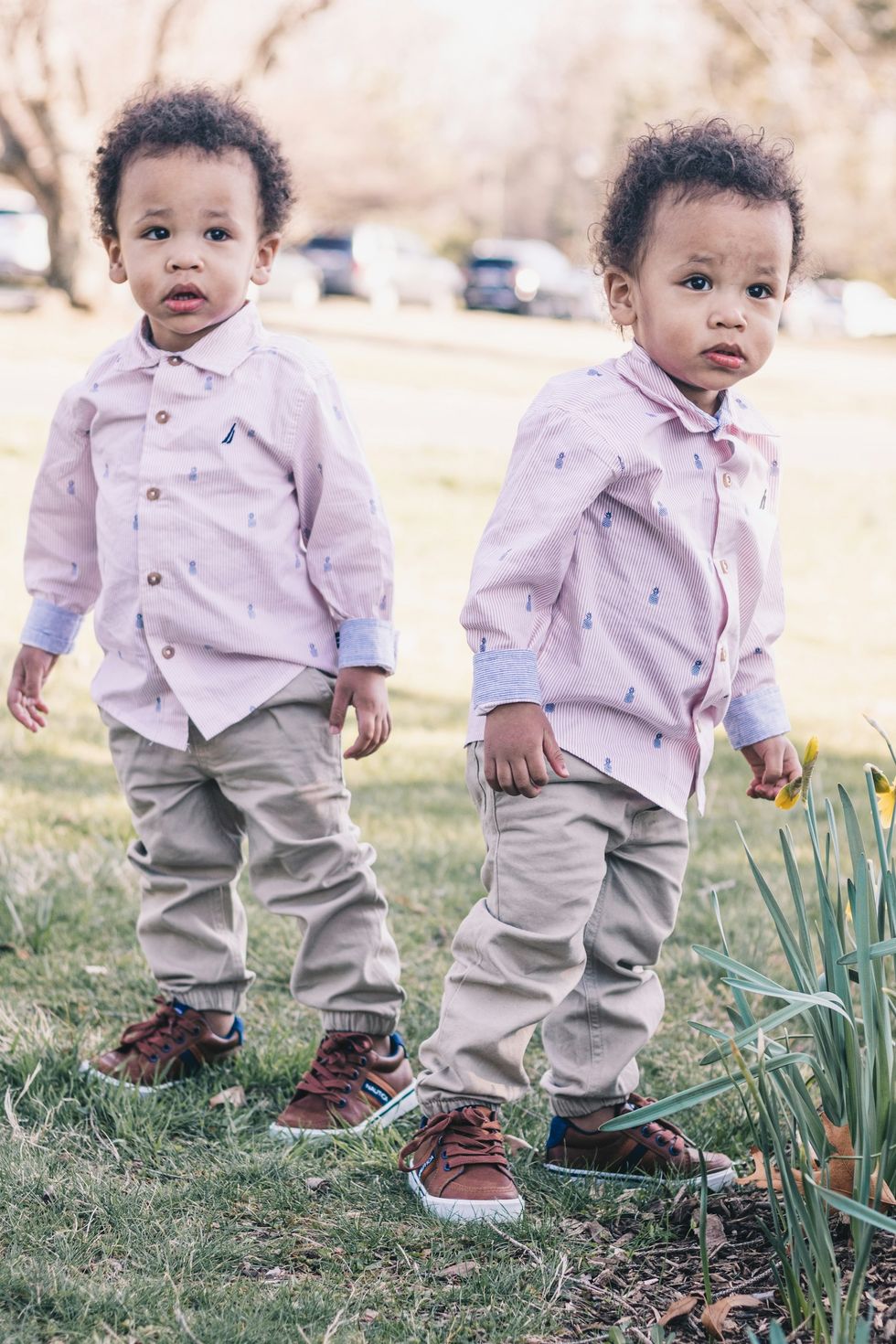 Representative photo by luis arias |
Representative photo by luis arias | 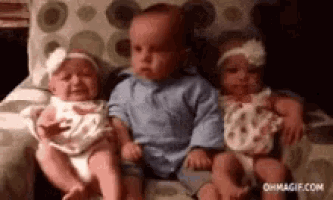
 Representative photo by Jamie Lee |
Representative photo by Jamie Lee | 